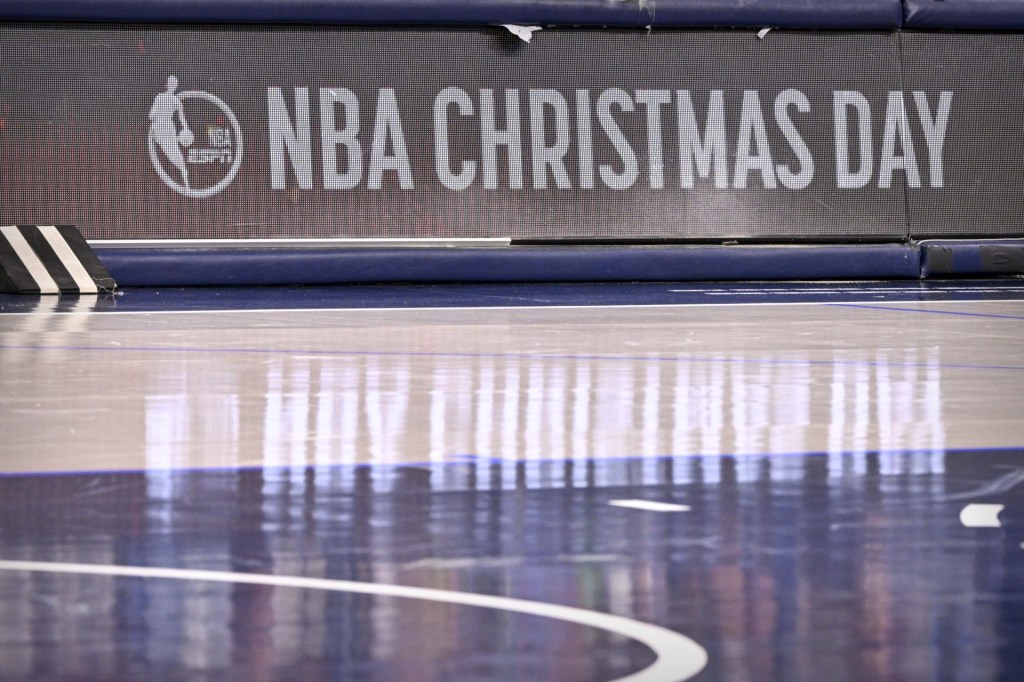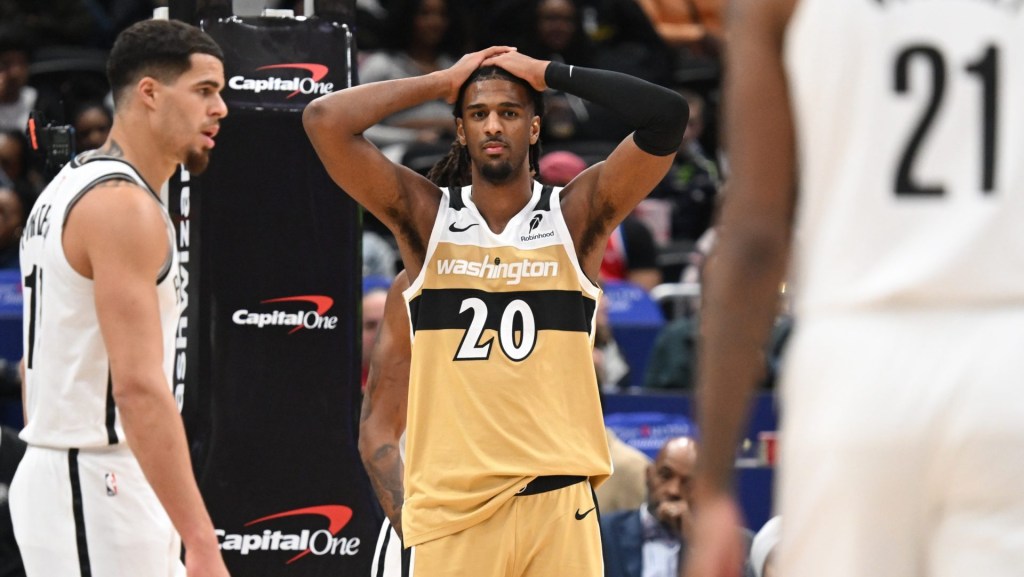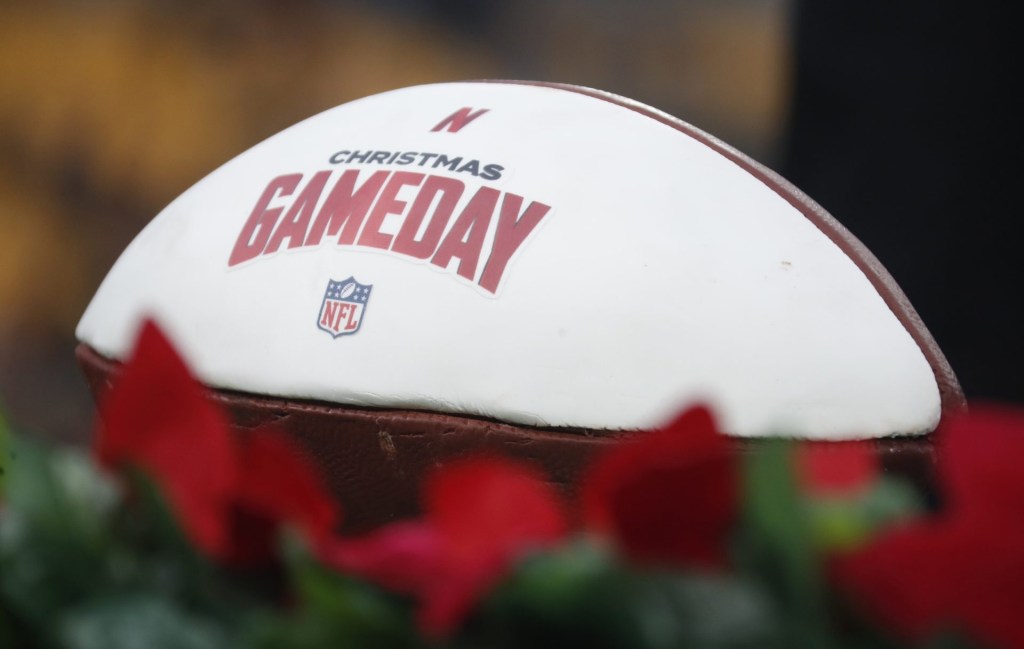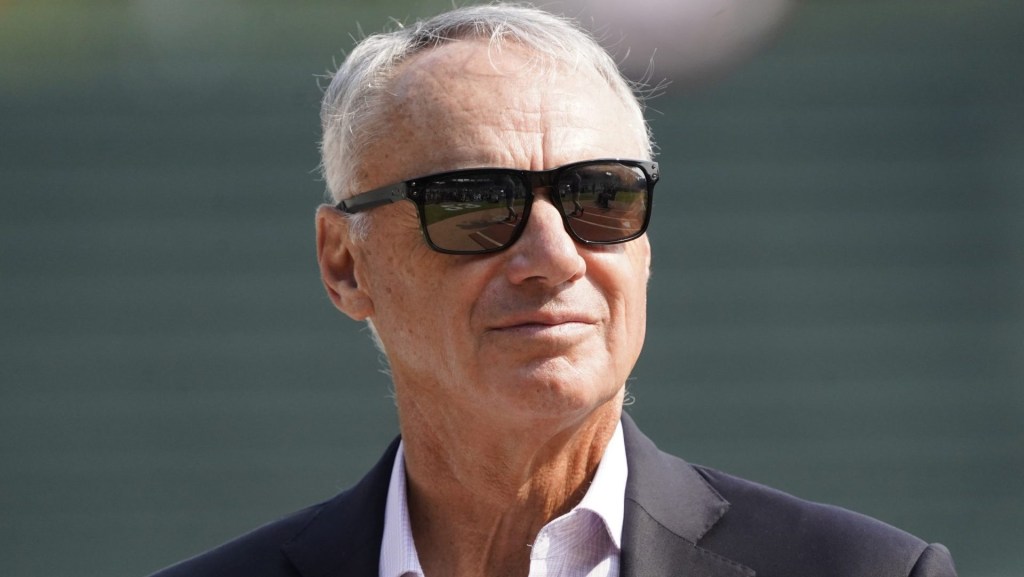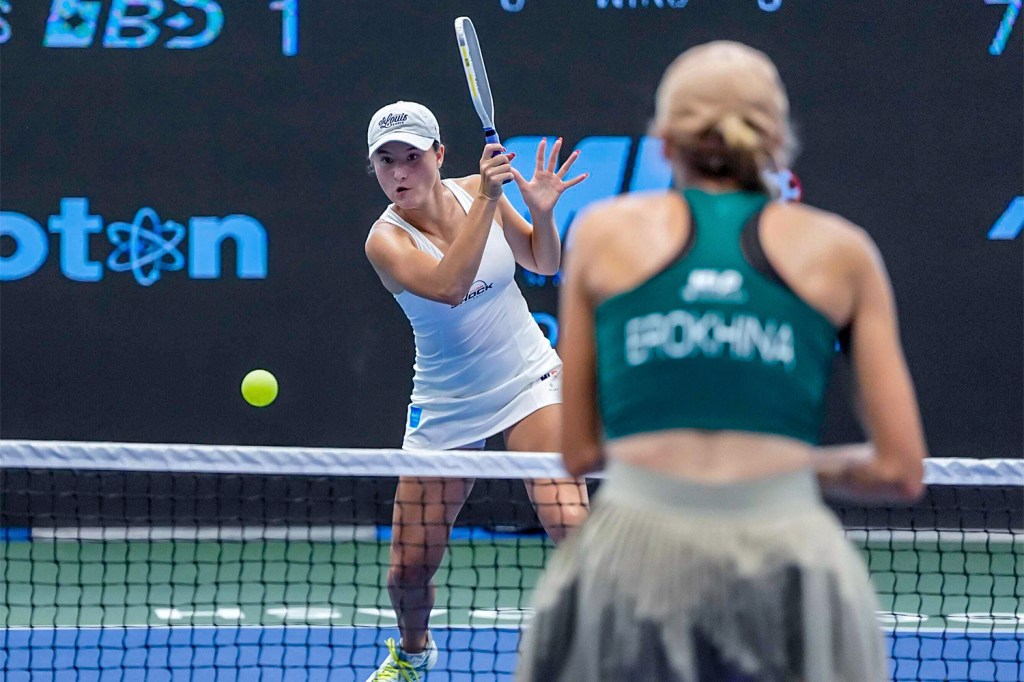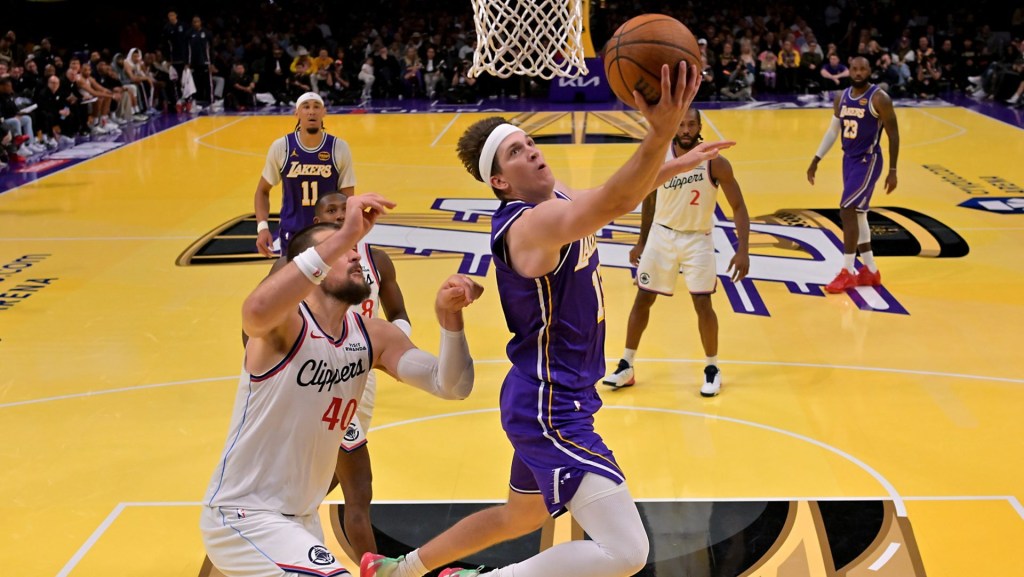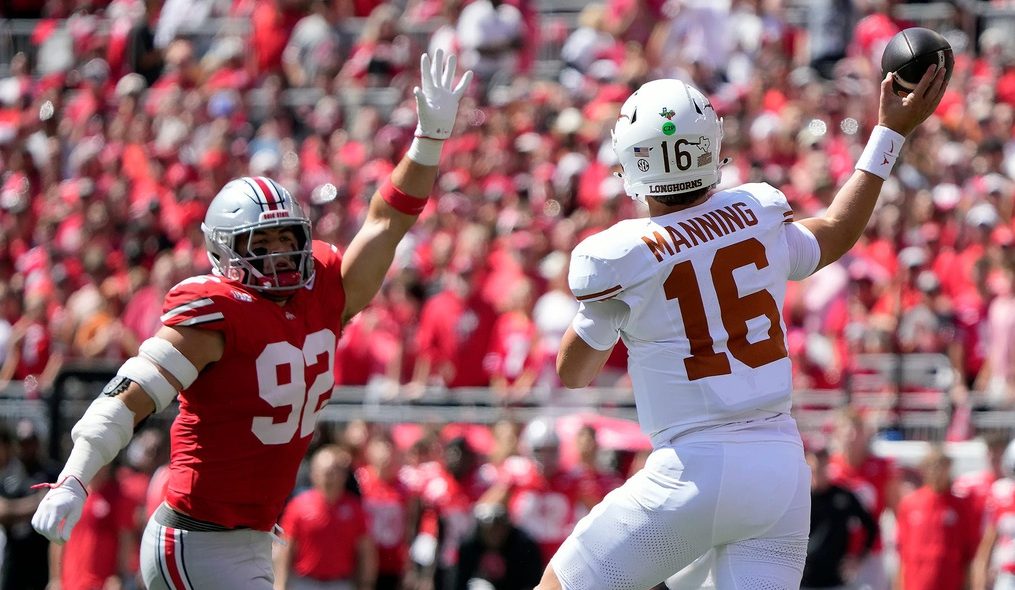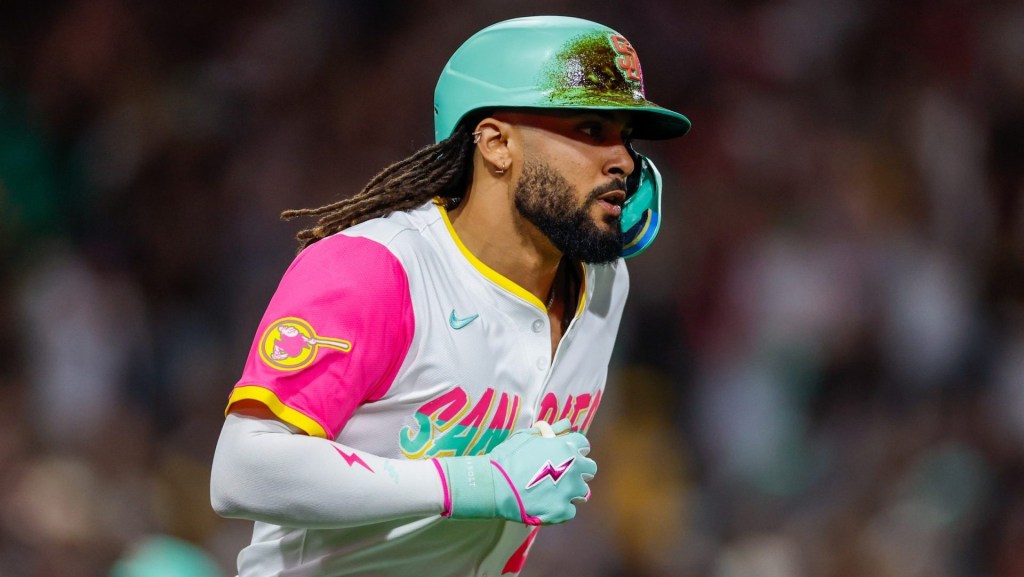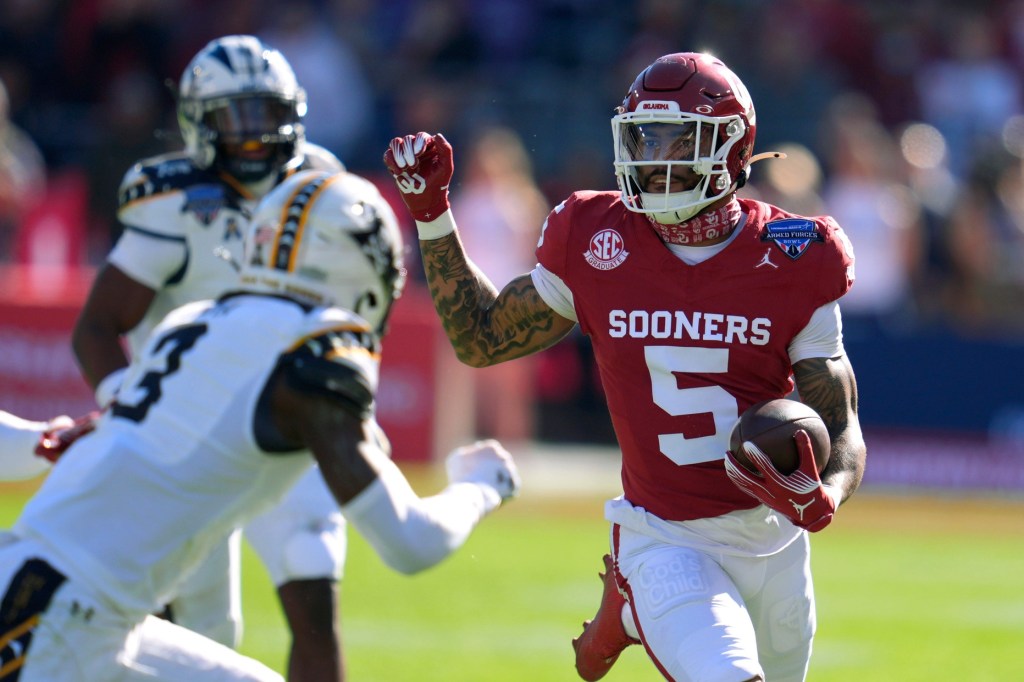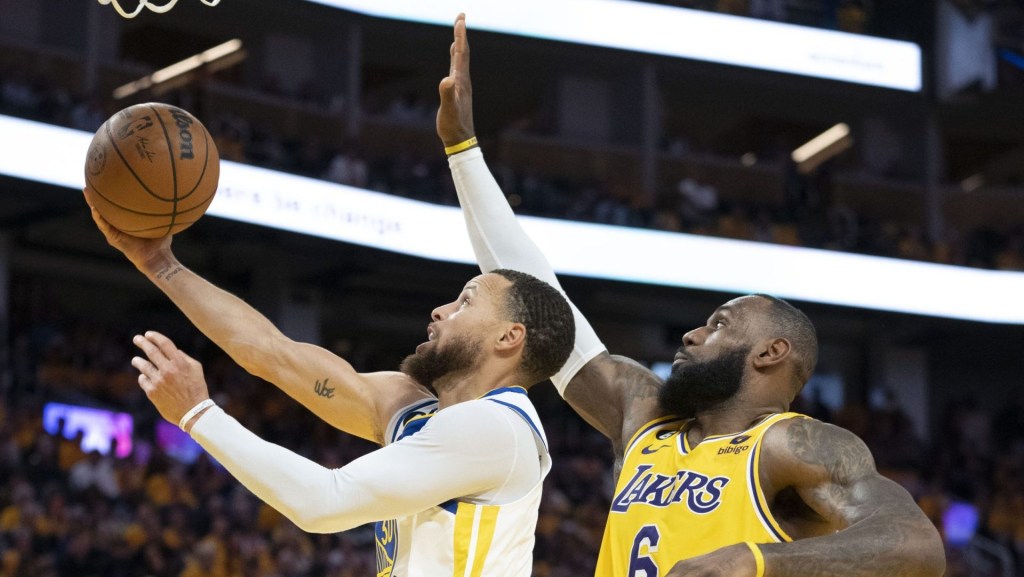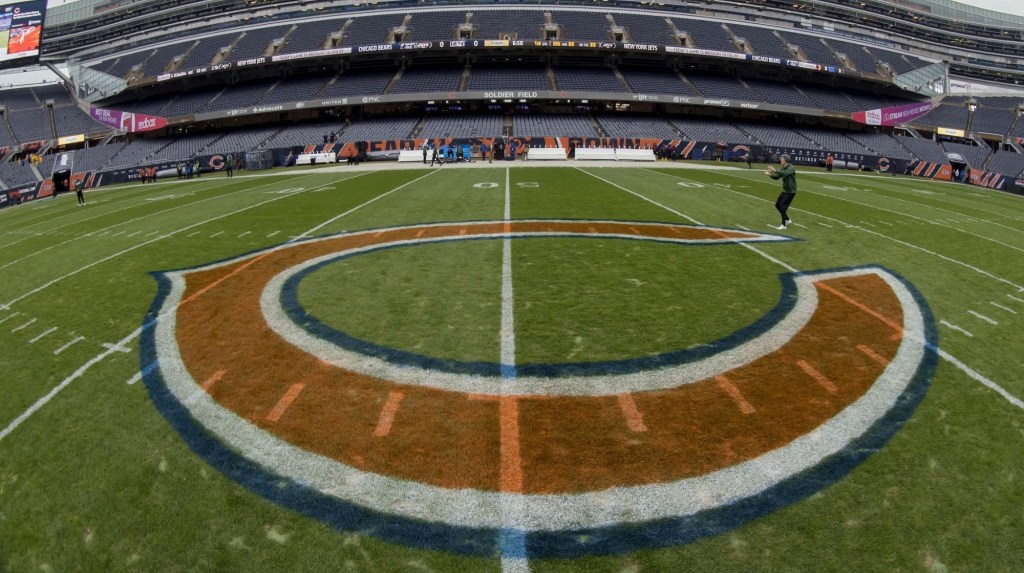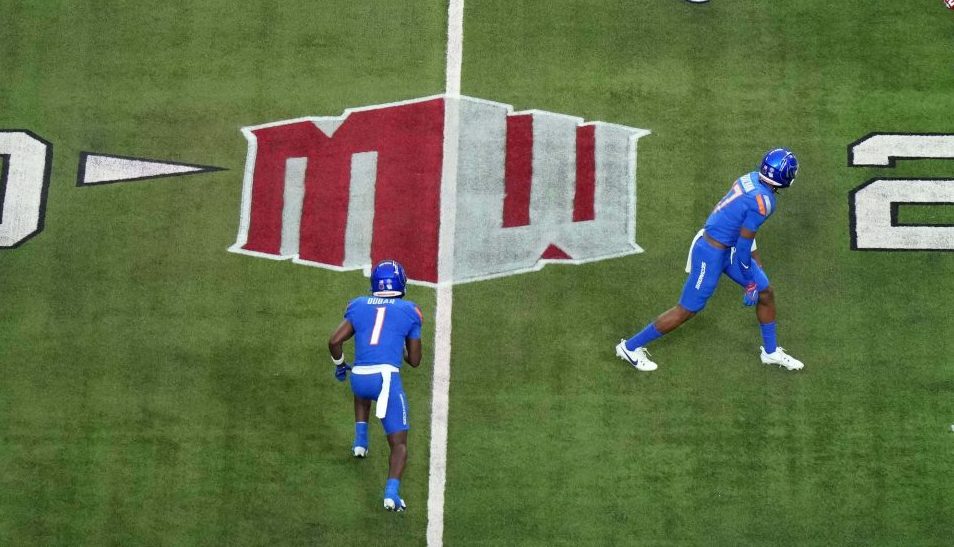By: Adam White, @FOSAdam
Front Office Sports is proud to have sat down with Mario Delapeña, a Student Assistant for Texas Tech Athletic Communications as part of our intern report series. He is first generation college student working towards a degree in Anthropology at Texas Tech University. He was gracious enough to offer up his insight on what it is like to intern with a Division I football program, how important networking is and why you have to love your job to be successful in sports.
What were your previous positions if any prior to your current position as a student assistant for Texas Tech Athletics Communications? How did they help you get to where you are today?
The position I currently hold with TTU Athletics is my first job in the sports industry. I began my search to get a job in sports in May of 2012 and made my best effort to contact any one who had a reference or knew of a job within an organization. Luckily I talked to a friend who worked in the office I work in now and I was able to get in contact with the hiring director. He told me that no jobs were available at the time so I just remained persistent until I was finally given a chance to come in and help. My best advice would be to identify some place where you can use a reference and persevere through the many rejections.
What is your average day like? What are some day to day challenges?
On a normal day I go to school and work at my other job 4 days a week. This internship is unpaid but on days that I do work I will do my best to make myself available for the people in the office. Today for example I was up at the TTU Football Training Facility setting up for the press conference later on. During the actual press conference I either record the players and coaches on camera, audio or control the soundboard. On game days I work either on the sideline or in the press box. On the sideline I run statistics to the home and away teams each quarter and while in the box I am used as a spotter, making sure I notate when a new player enters the game. All in all, the biggest key is to take advantage of the insider nature of the job. I have never been more involved with a sports team in my life and I use every opportunity to network and to continue to build my notoriety within the athletic dept.
What drew you to being a part of the communication aspect of sports?
In all honesty communications I think is the best sector of sports to work in besides scouting or player development (football operations). I really enjoy working with this team one because of the incredible opportunities I get to take part in on a consistent basis but also because communication, media relations, public relations, what ever you want to call it plays one of the biggest roles in the support staff of an athletic dept. We get all the information out there for our programs and that allows us to get close to players and coaches, which in turn could help an intern like you or I get that paying sports job we always dreamed of.
What is your favorite part about working in the sports industry?
This is an easy one; of course it’s getting to go to the games. I love watching sports live, especially football. At Texas Tech despite our lack of national success our program goes to a bowl almost every year and our fans are some of the wildest and loudest in the country with that being said there is no better feeling that knowing you’re going to work and you work at a football stadium. Like I said I love football and hope to work in this field for a long time.
How important is networking in your eyes?
I can’t stress this enough, NETWORKING IS EVERYTHING! As I stated above the only reason I got this job was because I knew someone who worked in the office. Don’t burn bridges before you know you don’t need them and even then (just block off the road, don’t burn them!). I attended the SEME conference in Washington D.C. this March and it was a very eye opening experience. I met a lot of sports professionals including many in the communications field, for example I know both the director and assistant director of media relations for the Washington Redskins. They both told me the same thing, talk to as many people as you can and don’t be afraid to tell them what you’re dream job is. Half of networking successfully is instilling the confidence to your audience that yes, you know what you want to do and yes, you are going to get there.
What is the best career advice you’ve been given so far?
Just keep moving forward, if you really want something would you rather spend your life fighting and scratching and earning everything you get or would you rather quit and spend your life wondering what if I hadn’t gotten discouraged so easily. I will tell you this; many people don’t realize how demanding a sports job is. The TTU head coach Kilff Kingsbury gets to work at around 4:30 am and leaves around 8:30 pm, 6 days a week and sometimes on Sundays after a game. If you are looking for a 9–5 job go change your major to some business mumbo jumbo and have fun slaving away. I decided that I love sports and that I can take the negatives because personally I see far more positives working in sports.
Do you have some who you look up to in the sports industry? If so who are they and why?
I have a couple of people I look to, Bill Polian the long time NFL executive and now ESPN analyst. I also admire Trent Baalke the current GM of the 49ers and finally a person you may not have heard of who is Kenny Bell, he is the chief of staff of Texas Tech Football. He is basically the second in command at Tech and is only 25! The guy is incredible to study under and more than anything I try to act like him in the way he carries himself, his demeanor and his work ethic. Sure he has a great football mind but coming from what he has told me it’s about who works the hardest and who wants it the most not who has the most talent.
What is your ultimate career goal?
My ultimate goal is to be an NFL GM or Director of Player Personnel.
